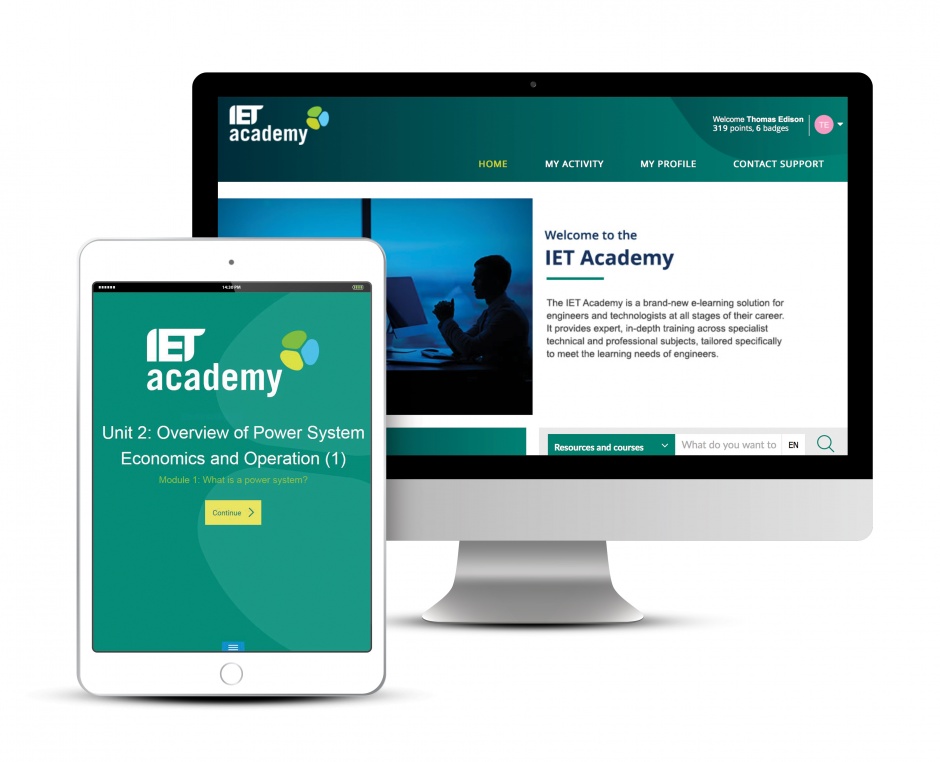Promoted content: IET examines the trends shaping skills and training in 2019
With employers struggling to recruit suitably qualified engineers at all levels – from recent graduates through to senior staff – the importance of skills and training is at the forefront of engineering companies’ minds writes the IET.

Findings from the IET’s latest Skills Survey highlighted that skills supply is a leading concern for employers. On the positive side, over half (52 per cent) of the engineering companies questioned are currently recruiting, but almost the same amount (46 per cent) report difficulties recruiting staff with the right skills and a quarter (25 per cent) have observed skills gaps in their current workforce.
Respondents also noted that they’ve found it harder than ever to recruit suitably qualified senior engineers. Plus, 70 per cent said that new graduates hadn’t met their expectations regarding quality of skills and knowledge.
“Students aren’t necessarily coming out of university with the right skills for employers right now, so there’s an immediate training need as soon as they hit the workforce,” notes Martin Davies, Head of Digital Learning and Development at the IET.
In addition, with the increase in digitisation and automation, more firms than ever are looking to introduce or extend their use of digital technologies. The survey highlighted that 75 per cent of those that plan to do so will need to develop new skills in their existing workforce and 44 per cent said they’d need to recruit new skills.
Register now to continue reading
Thanks for visiting The Engineer. You’ve now reached your monthly limit of premium content. Register for free to unlock unlimited access to all of our premium content, as well as the latest technology news, industry opinion and special reports.
Benefits of registering
-
In-depth insights and coverage of key emerging trends
-
Unrestricted access to special reports throughout the year
-
Daily technology news delivered straight to your inbox










Water Sector Talent Exodus Could Cripple The Sector
Maybe if things are essential for the running of a country and we want to pay a fair price we should be running these utilities on a not for profit...